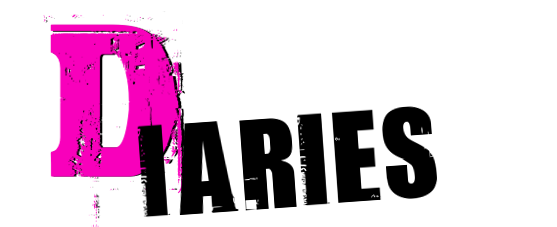Zlatko Anguelov

Strangely, I like the faces of comedians, but I rarely choose to see comic films. Comedians always look smart with their sardonic smile, behind which sits a pair of super intelligent eyes. They look at you as if they know everything about the world … and about you. The thing is they actually don’t. They make fun of things past and ongoing, they joke about our sins. But they can never make fun of the future, because they don’t have an idea of what the future will be. Theirs is an easy job.
Comedians are not visionaries.
But who are the people we expect to be visionaries? Philosophers, for one! Theoreticians of science, no doubt, architects, writers … And politicians! Those who aspire for power, do they do it for their own sake or for the sake of the country they want to rule over or guide? History is full of the former type and only quite a few are remembered to fit the bill of the latter type. And I’m thinking today about visions and visionaries with an eye on Bulgaria.
I’ve been asked these days in two interviews how does Bulgaria look from afar. And I said, I don’t look at it from afar, I look at it from aside, but no matter where I am in the world, I sit at my country’s border, a border without custom officers, as the late actor Kaloyanchev said. The thing is that from aside, Bulgaria looks in disarray. From inside, it looks disheveled, anxious, stressed out. But from both perspectives it looks rudderless. No leaders. And no visionaries among the elected politicians. So, if America’s cost of freedom is impersonal brutality born out of loneliness, isn’t the cost of Bulgarians’ freedom impersonal apathy born from another kind of loneliness: the one born out of the lack of a national project? When freedom is given to you, its real cost paid in human lives and suffering would never haunt your night dreams and, consequently, you don’t feel that you have to use it responsibly. You simply don’t know how to use it, period.
We went to the movies today. It was the first day they showed Quentin Tarantino’s Django unchained. My all-time favorites in movies are two: Amadeus and Clockwork Orange. But I thought of those two while watching Quentin’s picture, as it was close to perfect. It is not always the content that matters to rank a piece of art at the top, it is rather the way it was done. Django unchained is about slavery, the scar on the American body that would never completely heal. It is the story of some black person who found a help by a German to free his wife from slavery. In perfect Tarantino pitch, it is full of shots and blood, but also of humor and a lot of talk. Comedy and tragedy, as they go hand in hand in all of our lives, push the boundaries of the metaphoric power of art into new territories.
When I think of it, there has been only comedy in the Bulgarian art and literature, as if artists – and people, to be sure – have always run away from tragedy. I may be generalizing here, but I would like to open a conversation about this absence of tragedy – I mean, real tragedy, as in the Greek theatre – and the inclination to ridicule life and characters before even analyzing their motives. Maybe vision and visionaries come only when the tragedy of life takes hold of people’s destiny and, thus, fuel their imagination. The question is: when some outside power causes you to suffer – as in Bulgarian history – is this a tragedy that matches the tragedy that people inflict on themselves when they pursue their national project? There is no other country in the world whose national project has been so powerful and fateful like America.











19 comments so far ↓
Nobody has commented yet. Be the first!
Comment